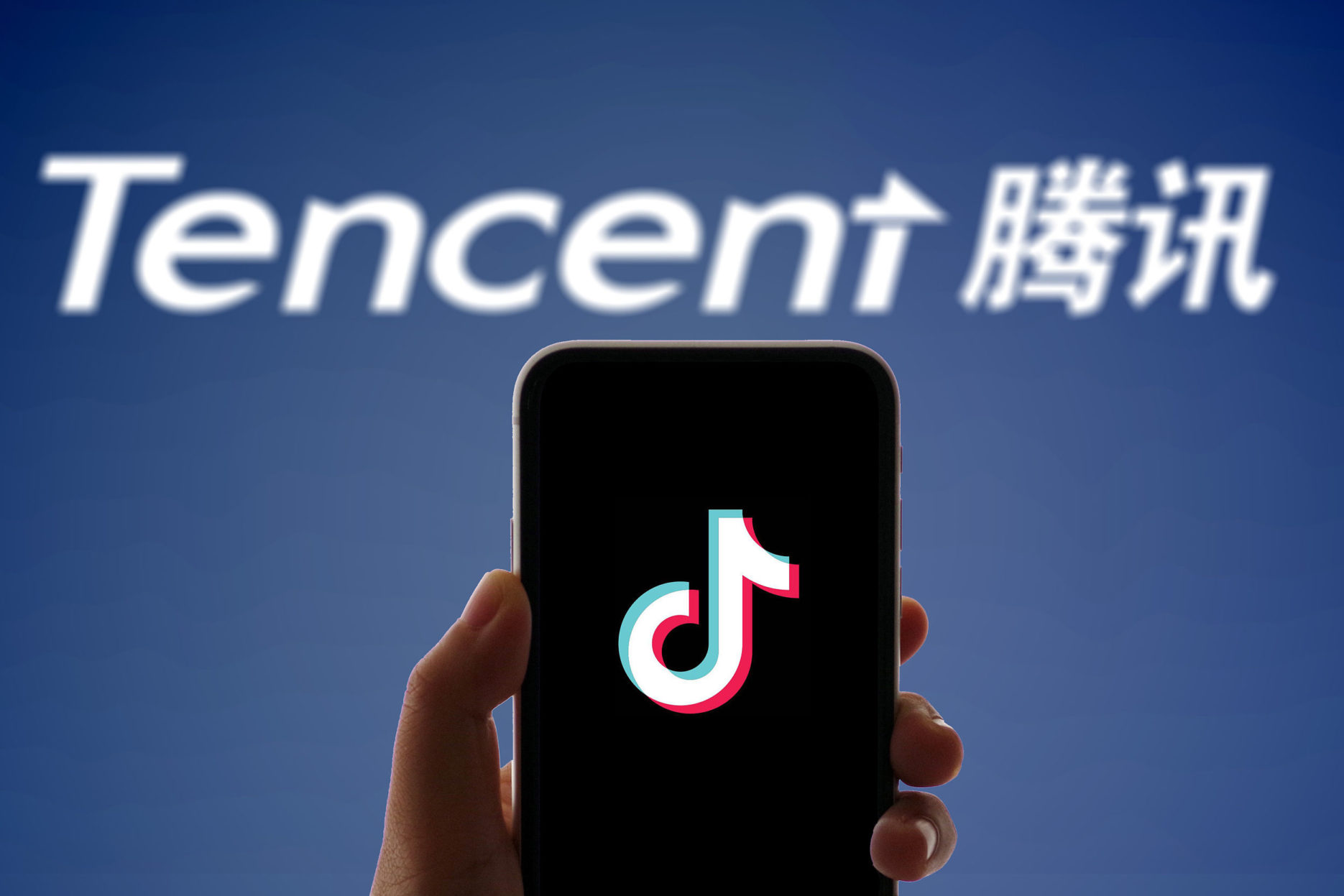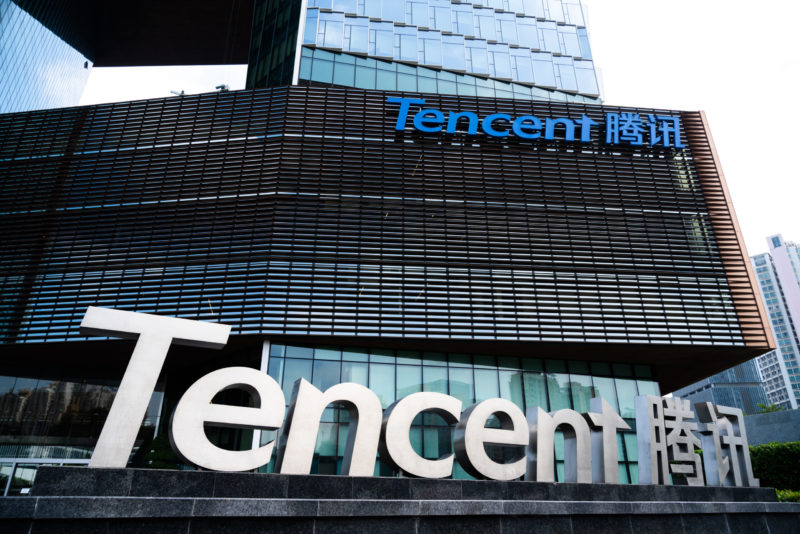Douyin, the Chinese version of Tik Tok, owned by tech giant ByteDance welcomes Tencent’s request of interlinking with its platform, as announced by Douyin on 12 November.
In an internal email conversation between Douyin and Tencent, the latter has said “there are a large number of re-produced short videos of some popular exclusive movies, series and TV show resources on Tencent’s creator platform that could be shared to Douyin, enriching the platform’s content.”
Douyin praised the move by Tencent as “a response to the Chinese authority’s call on Internet firms to open up services to each other”. This is a cause of optimism for users, who will have easier access and the possibility to move across media platforms, as well as for companies who can begin to leverage one another’s user bases.
Alibaba and Tencent have soon pledged to open access to each other, in compliance with the latest government rules. Although the blocking game between the two parties has seemingly not come to an end yet, with Chinese media reporting Taobao’s product links cannot be shared to WeChat during the just concluded Singles’ Day shopping festival.
While Taobao only allows Alipay – the online payment platform developed by its parent company Alibaba – as its payment method. This has left payment procedures more tedious for WeChat Pay users, showing there are still divides and issues, as these two fierce rivals battle for consumers within the new web of compatibility enforced by the Chinese government.
Douyin and Tencent have long been in the battle of content sharing too, with copyright being the central issue. This August, Douyin deleted more than 8,000 videos relative to content produced by Tencent.
Although Douyin claimed that an agreement of sharing specific content had been reached by two platforms and argued it would be “impossible to tell if individual videos have breached copyright”, Tencent filed a lawsuit, asking for damages totalling 100 million RMB ( $15.7 million) and prior to this, Tencent had sued Douyin twice already this year, all over the allegation of copyright infringement.
These legal issues have of course stifled any strategic partnership between the two companies and so it is no surprise that a complete synergy has not yet fully been established.
Furthermore, in response to Tencent’s request, Douyin added, “We have also applied to WeChat (owned by Tencent) to resume the sharing and login functions of Xigua Video (another product of ByteDance) on its platform, so that we can bring more convenience in information sharing for our users.”
This is another clear positive move by Chinese tech firms in improving user experience, allowing them to swap between content creators far more conveniently.
A more open digital ecosystem would benefit not only users but also platforms themselves, who will see a wider and larger user base as the platforms open, allowing them to view more content whilst the companies maximise their consumer base.
It is warned, however, such interoperability should not be built at the cost of the users’ personal data security, in line with the latest Chinese data protection laws. The interplay of these laws with the new synthesis will be interesting to see play out, as companies battle together to expand their markets whilst the government controls their reach.
Read more:









